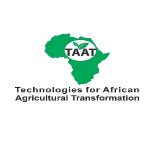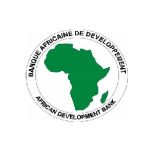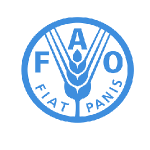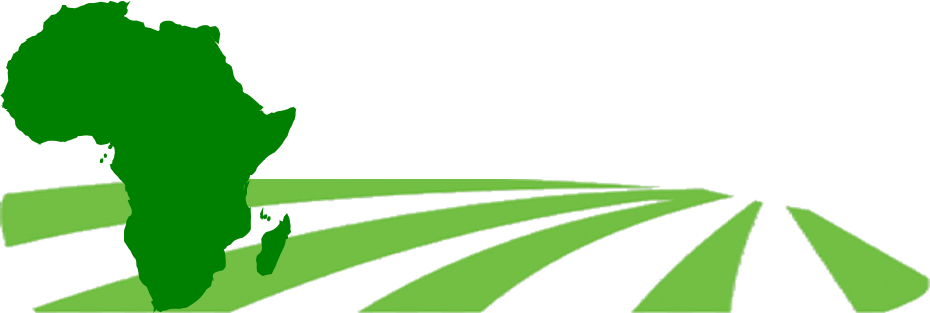Partnerships
AALI operates as an independent, non-governmental international organization that bridges the gaps between political leadership and governance, research, education, service delivery, investment and capacity building. AALI works collaboratively with the public, private and philanthropic sectors to fuel inclusive growth and help countries in Sub-Saharan Africa achieve their agricultural goals through a better understanding of agriculture as a business rather than a business. than as a subsistence way of life.
Partnership with the development banks that advance African agriculture, particularly the AfDB, IFAD and the World Bank, is essential. AALI’s institutional design, problem-solving expertise, and shared focus with development organizations will help solidify these relationships. In many cases, these collaborations require the conclusion of formal agreements, in others it can be done by participating in missions in the countries.
The relationship between AALI, IITA and One CGIAR
AALI is designed to capitalize on the many strengths of outgoing IATI staff while striving for even greater results in the future. AALI will help IITA continue its role as a leader in international agricultural research and service delivery in Africa, while serving as a new model of governance for the modernization of agriculture. Planned areas of collaboration with IATI include (i) facilitating IATI’s engagement with governments; (ii) using technological advances from IITA and other CGIAR Centers to inform investment programs; (iii) connecting IATI with the private sector, in particular suppliers of production inputs; (iv) representing the interests of IATI as ambassadors and champions; (iv) mentorship of young scientists, specialists and managers of IITA; and (v) fundraising. AALI is housed within the Campus Chief O. of the IITA in South Kivu.
Partnership with the FAO Investment Center and the FAO Regional Office for Africa
AALI’s comparative advantages and value proposition give it a unique ability to work in partnership with the FAO Investment Center and the FAO Regional Office for Africa on the design of investments and to support the implementation program implementation, particularly in sub-Saharan Africa. The FAO Investment Center has a collaborative program with the World Bank that has provided support for over 70% of the design and supervision of their investment operations in the agricultural sector for over 54 years.





